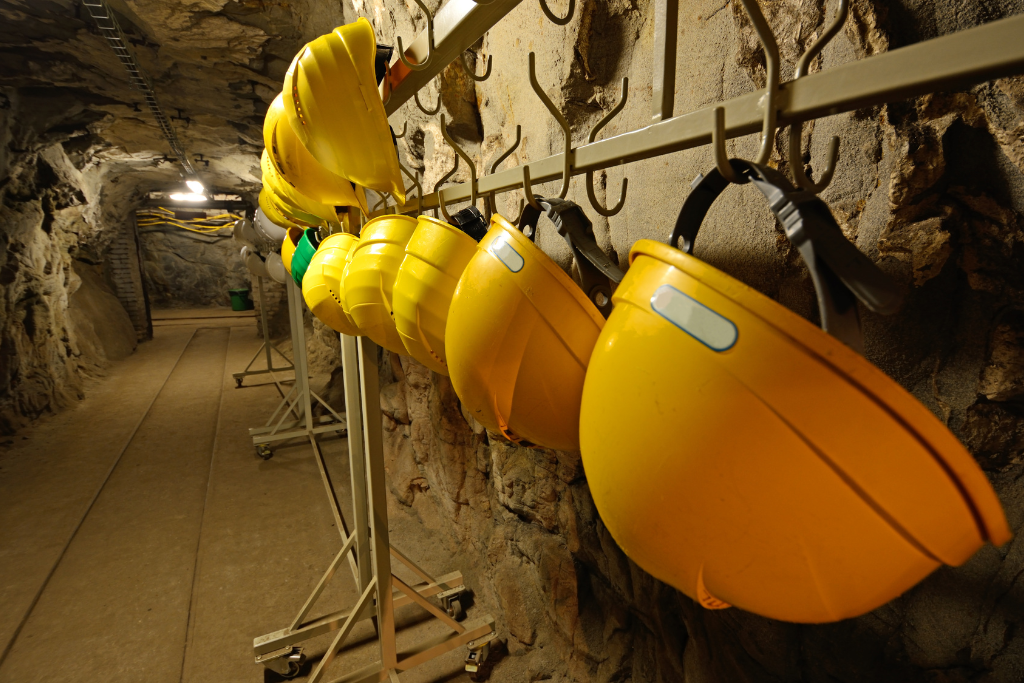Mining in Nigeria presents a wealth of opportunities for investors seeking to tap into the country’s vast natural resources. Known for its rich deposits of minerals such as gold, iron ore, coal, and limestone, Nigeria offers a diverse range of mining projects with potential for significant returns. However, before diving into this industry, investors should be aware of several key factors that can impact their success.
First and foremost, understanding Nigeria’s regulatory environment is crucial. The government has established laws and guidelines to ensure the responsible extraction and management of mineral resources. Familiarizing oneself with these regulations, including obtaining the necessary permits and licenses, is essential for operating legally and efficiently in the mining sector.
Another important consideration is the potential for geopolitical risks. While Nigeria has made strides in promoting a stable business environment, challenges such as regional conflicts or community disputes can arise. Building strong relationships with local communities and stakeholders can help mitigate these risks and foster a collaborative approach to mining projects.
Infrastructure and logistics are also vital aspects to consider. Successful mining operations depend on access to reliable transportation, power supply, and other essential services. Investors should evaluate the existing infrastructure in the areas they plan to operate in and factor in any additional investments that may be required to support their projects.
In terms of market opportunities, Nigeria’s mineral resources offer a range of prospects for different types of investors. For instance, the growing demand for metals and minerals in industries such as construction and manufacturing presents lucrative avenues for exploration and development. Additionally, global trends such as the shift towards renewable energy sources can drive demand for minerals used in battery technology and other sustainable solutions.
Finally, due diligence is key to making informed investment decisions in Nigeria’s mining sector. Conducting thorough research on potential projects, assessing geological data, and evaluating the financial feasibility of mining ventures are all critical steps in minimizing risks and maximizing returns.
In conclusion, mining in Nigeria holds great promise for investors who approach it with careful planning and a clear understanding of the landscape. By staying informed about regulations, managing risks, and leveraging the country’s diverse mineral wealth, investors can position themselves for success in this dynamic and evolving industry.




